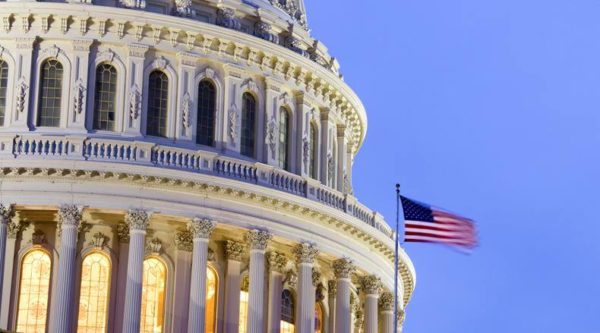
- Details
- By Native News Online Staff
WASHINGTON — On Wednesday, December 9, 2020, at 2:30 p.m. - EST, the U.S. Senate Committee on Indian Affairs will hold an oversight hearing titled, “From Languages to Homelands: Advancing Tribal Self-Governance and Cultural Sovereignty for Future Generations.”
DETAILS
WHAT: A committee oversight hearing titled, “From Languages to Homelands: Advancing Tribal Self-Governance and Cultural Sovereignty for Future Generations”
WHEN: 2:30 p.m. - EST, Wednesday, December 9, 2020
WHERE: 628 Dirksen Senate Office Building
In accordance with guidance from the Senate Sergeant at Arms, the Senate office buildings are not open to the public other than official business visitors and credentialed press at this time. Accordingly, the hearing room will be closed to the general public. Two seats will be available for media in the hearing room on a first-come, first-served basis. The hearing will be live webcast https://www.google.com/url?q=https://www.indian.senate.gov/hearings&source=gmail&ust=1607470763747000&usg=AFQjCNH7BVG_EFOHM79KKdoFGTzqy0vxqg">here.
WITNESSES
- THE HONORABLE BRIAN VALLO, Governor, Pueblo of Acoma, Acoma, NM (Virtual)
- THE HONORABLE KIRK FRANCIS, President, United South and Eastern Tribes Sovereignty Protection Fund, Nashville, TN (Virtual)
- MR. JOHN ECHOHAWK, Executive Director, Native American Rights Fund, Boulder, CO (Virtual)
More Stories Like This
Native News Weekly (August 25, 2024): D.C. BriefsDeb Haaland Earns Endorsement From Communications Workers of America Local 7076
University Soccer Standout Leads by Example
Two Native Americans Named to Democratic Congressional Campaign Committee's“Red to Blue” Program
Cheyenne River Youth Project Hosts Young Women’s Winter Camp as Part of Lakota Culture Internship
Help us defend tribal sovereignty.
At Native News Online, our mission is rooted in telling the stories that strengthen sovereignty and uplift Indigenous voices — not just at year’s end, but every single day.
Because of your generosity last year, we were able to keep our reporters on the ground in tribal communities, at national gatherings and in the halls of Congress — covering the issues that matter most to Indian Country: sovereignty, culture, education, health and economic opportunity.
That support sustained us through a tough year in 2025. Now, as we look to the year ahead, we need your help right now to ensure warrior journalism remains strong — reporting that defends tribal sovereignty, amplifies Native truth, and holds power accountable.
 The stakes couldn't be higher. Your support keeps Native voices heard, Native stories told and Native sovereignty defended.
The stakes couldn't be higher. Your support keeps Native voices heard, Native stories told and Native sovereignty defended.
Stand with Warrior Journalism today.
Levi Rickert (Potawatomi), Editor & Publisher

